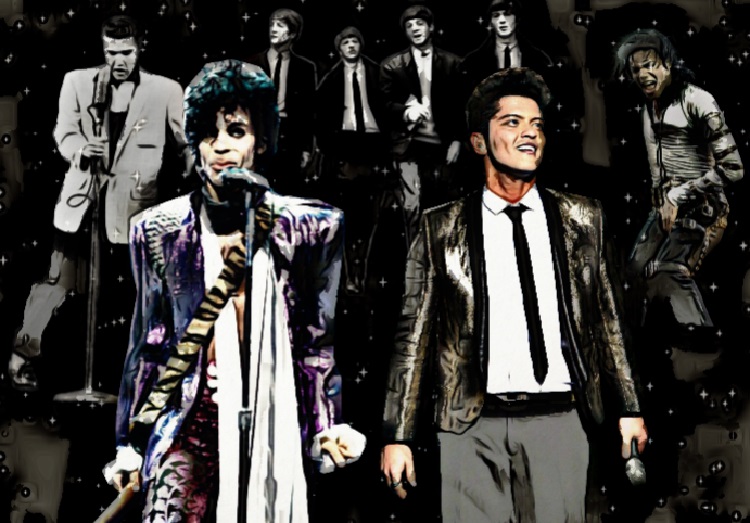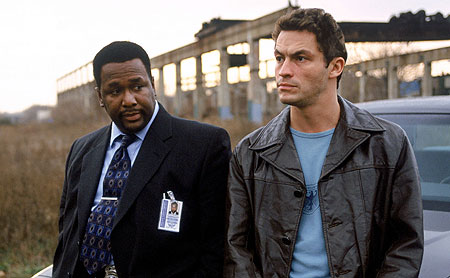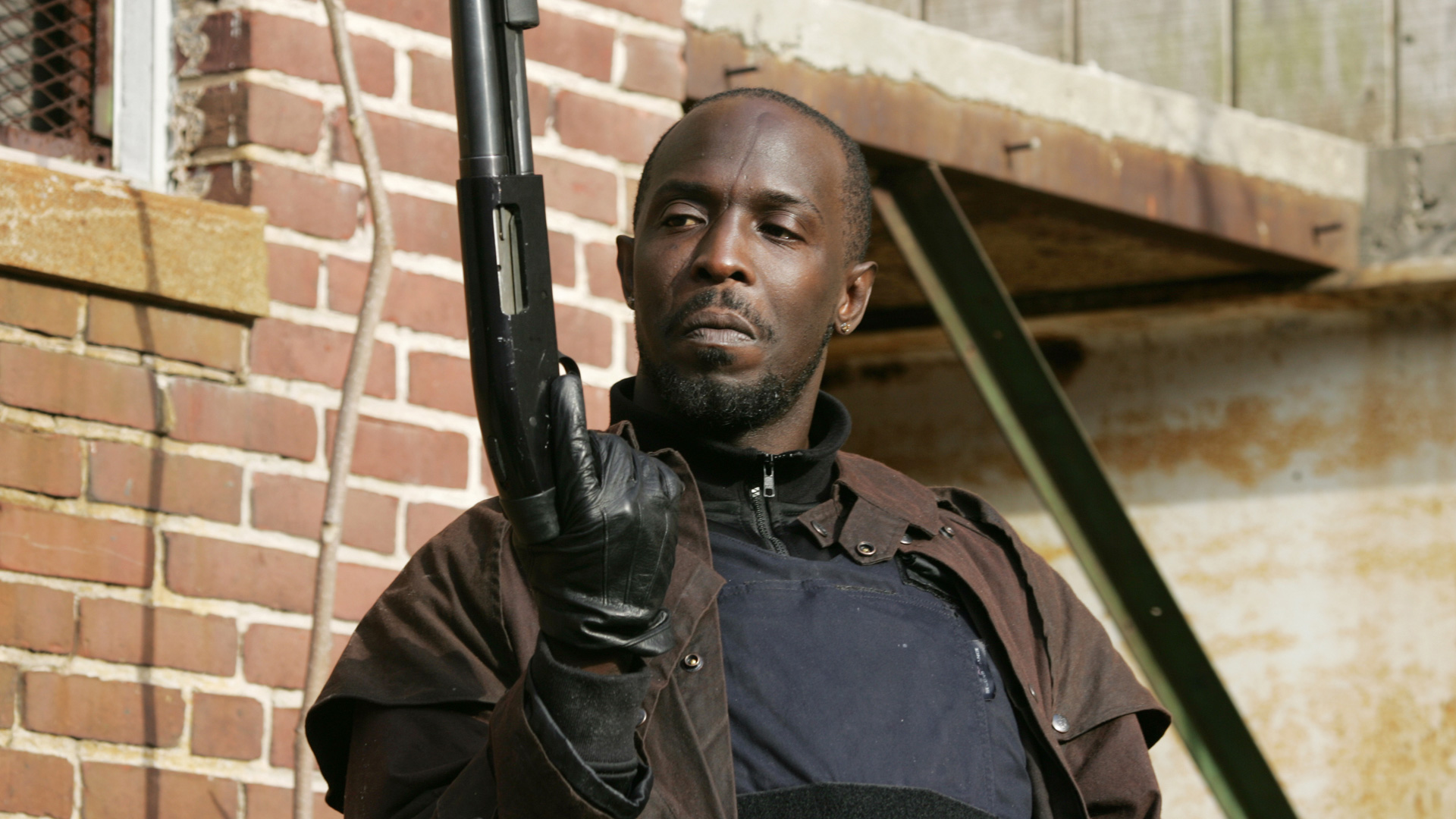
Hardwood and Hollywood’s G.O.A.T. Week is a series of posts on various categories to be published in two-week period. Yes, there were so many categories, we had to do two weeks, not one! Here’s the schedule: August 7th – Basketball Player, Football Player; August 8th – Drama Film, Ending to a Film; August 9th – Sports Announcer, Sports Cult Hero; August 10th – Baseball Player, Movie Athlete; August 11th – Ending to a TV Series, HBO TV Series; August 14th – Movie Actor, Movie Actress; August 15th – TV Series, Album; August 16th – Comedy Film, Film Franchise; August 17th – TV Actor, TV Actress; August 18th – Musician, One Hit Wonder
Tyler Birss – The Wire (2002-2004, 2006, 2008)
The Wire is the greatest show of all time from a range of perspectives. Narrative, character development, pace, and audience payoff are all categories that this HBO gem excelled in. It had arguably the greatest TV duo of all time in Stringer Bell and Avon Barksdale. It had possibly the greatest single TV character to ever grace a screen in Omar Little. Beyond the tremendous characters The Wire produced, however, the most outstanding aspect of the show would be its scope.
From the complexity of the drug trade to America’s dying working class, our broken educational system to the systematic cycle of poverty, The Wire covered more ground than any dramatic show in entertainment history. Since The Wire was often more like reading a book than watching a hit, its audience wasn’t particularly substantial during its airing. However, like a fine wine, The Wire has strengthened over time. It was always legendary – it just took viewers some extra time to fully appreciate its greatness.
The Wire also earns unprecedented points for its method of revealing characters. Take Snoop and Chris, for example, one of the coldest and most gripping tandems spanning across any HBO series. They didn’t become regulars until Season 4. When it came to who was being killed off the show or which legend would be stepping center stage next, The Wire kept us guessing. The show masterfully balanced upon the fine line of being realistic yet unpredictable, ruthless yet fair. How many other shows have routinely killed off beloved characters and introduced equally beloved new ones without missing a beat? This is an accomplishment of rarified air. When staking a claim for GOAT status in television, The Wire puts forth the strongest and most comprehensive argument.
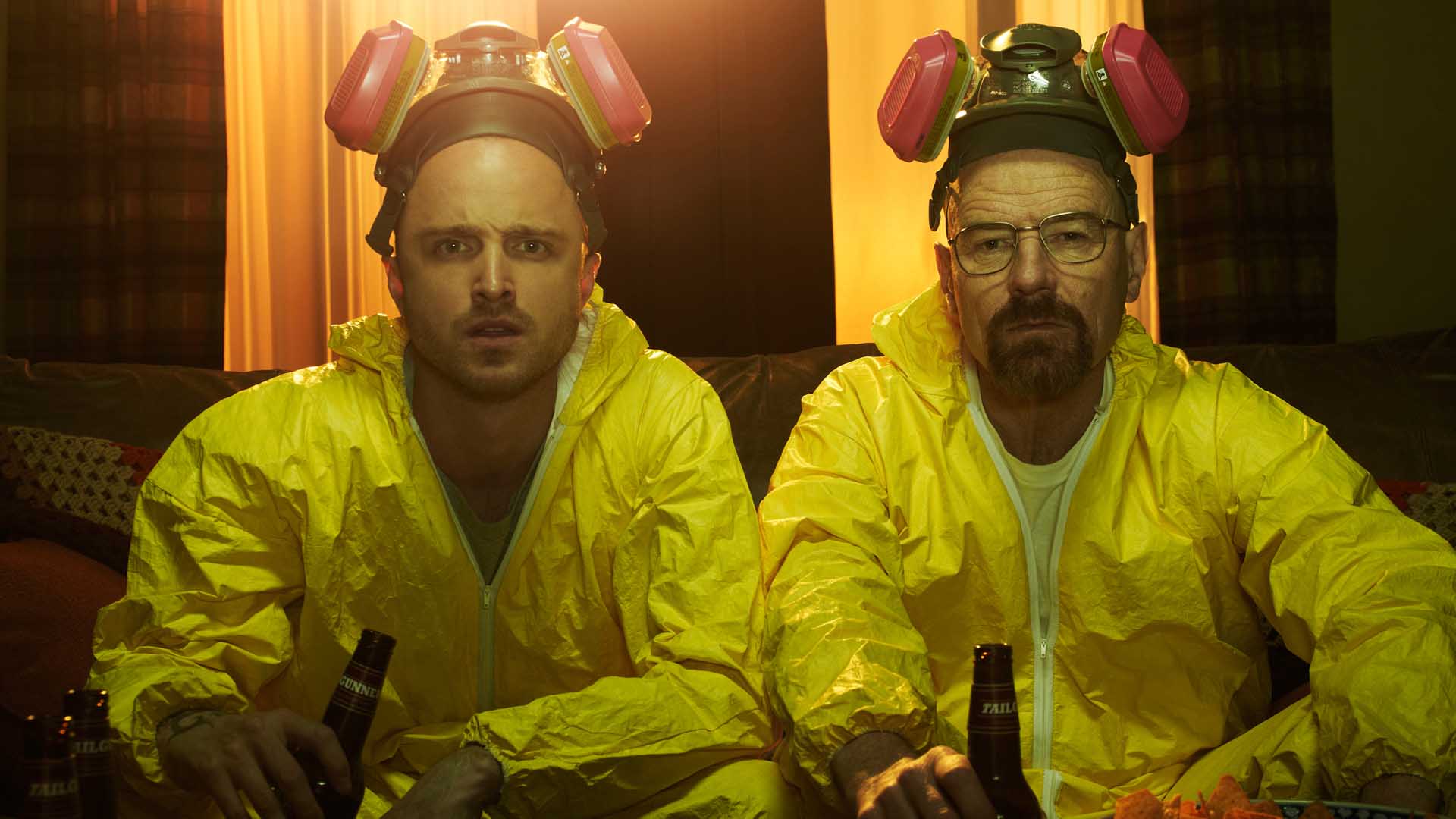
Sonny Giuliano – Breaking Bad (2008-2013)
When Breaking Bad was really beginning to hit its stride and take the entertainment industry by storm late in the Summer of 2013, I was not yet watching. Nope, I was foolishly and woefully behind the times; I didn’t start binge-watching BrBa on Netflix until a few days after its well-received series finale aired, but that didn’t mean I didn’t have any clue how momentous Breaking Bad was.
I have never been in a situation where I was so late to begin watching a television show that had already amassed a level of such unprecedented success — universal critical acclaim, love from a massive (and somehow steadily growing) audience, and a tangible water-cooler buzz that’s rare in this era where binge-watching is preferred and there is more available TV than ever before. I didn’t think it was possible that Breaking Bad could live up the hype, but I figured even if it was only 75 percent as good as everybody was claiming, it might still be worth watching.
Breaking Bad was every bit the show that everyone had indicated it was, and it was more than deserving of all of the praise it had received. A slow, yet expertly crafted 1st Season set the stage for the story arc of Walter White (played to absolute perfection by Bryan Cranston); the middle-aged high school Chemistry teacher who had to “break bad” and become a meth cook in order to support his family while undergoing treatments for lung cancer.
Of course, once Walt had broken bad he could not go back, but that worked out best for us. From meth cook he became a dealer, dealer to distributor and distributor to the overseer of an empire that pre-cancer Walter White would have been justifiably terrified of controlling, but one that was never quite large enough for White’s alter-ego Heisenberg. While Walt’s startling, violent and rapid evolution was the most prominent story arc of Breaking Bad, the strength of the show was in the depth of interesting characters that Breaking Bad show-runner Vince Gilligan created, all of which were developed to perfection and brought to life flawlessly by a cast that accumulated 16 Emmy nominations for acting awards over the show’s five season run.
After finishing Breaking Bad in less than two months, I was so blown away that I forced my parents to watch with me so I could immediately re-watch, but not before giddily reading them reviews of episodes and seasons to build their excitement. My parents, as I initially was, were skeptical that there was any way possible that Breaking Bad could live up to the hype. I told them over and over throughout that Breaking Bad was the Greatest TV Series ever made, and once they had watched it all the only thing they could do was look at me and say:
http://media.giphy.com/media/U1XhGr8CWqvVC/giphy.gif
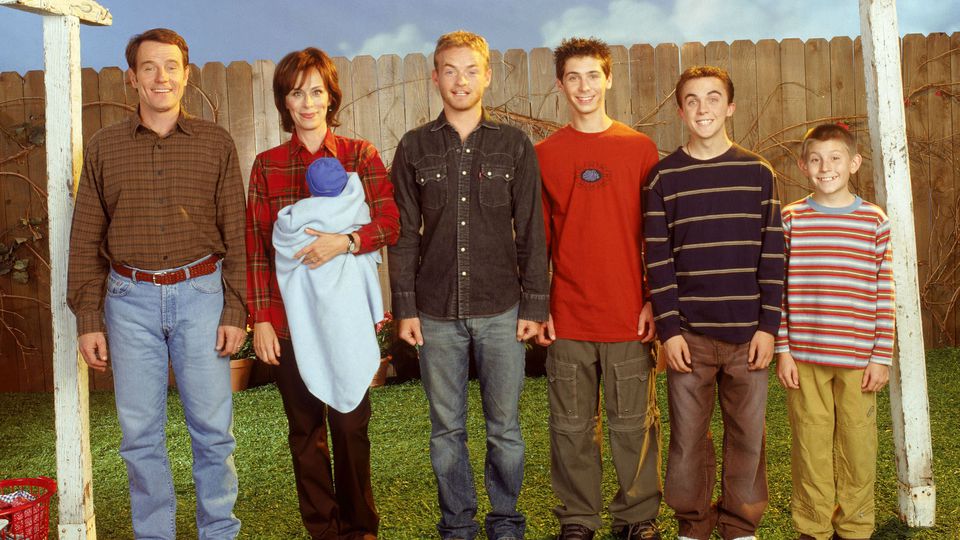
Lenny Burnham – Malcolm in the Middle (2000-2006)
The fact that Malcolm in the Middle had seven seasons without any major dips in quality is itself an achievement. But, it’s much more than one of the most solid, reliable sitcoms ever made.
Malcolm in the Middle is a masterclass in sitcom plotting. Each episode features tightly written plots, full of surprising turns. It has many of the most memorable episode endings I’ve ever seen. It also features outstanding acting, particularly from Jane Kaczmarek and Bryan Cranston in his best, most complex TV role.
But, beyond its technical quality, what really stands out to me is its brutal honesty. While may sitcoms pay lip service to the idea of financial problems, Malcolm in the Middle is one of few that unflinchingly showed a family genuinely struggling. Rather than suddenly giving its main characters money when they needed it for a plot like so many other sitcoms, it created an honest portrayal of limited means that allowed for greater comedy and conflict.
It also built deeply complex characters and relationships. In particular, the rocky relationship between Lois and her eldest son Francis is a powerful, shockingly nuanced sitcom relationship.
No other show has managed to be as funny and creative as Malcolm in the Middle while simultaneously keeping the characters and the reality of their world consistent. If you’re looking for an introduction to this show’s brilliance– or just a refresher– I recommend “Cynthia’s Back,” “Dirty Magazine” and “Bowling.” But, almost all of the episodes are funny, surprising and brutally honest.
Mike Cortez – Breaking Bad (2008-2013)
I found Breaking Bad much like 90-percent of the world did–through Netflix. And just like everyone else, I could not stop watching. I’m not exactly sure how people were able to watch a majority of the series one week at a time on AMC. Breaking Bad is the perfect binge show, mostly because it feels more movie than television show. Bryan Cranston looks like he is going for the Oscar from the opening scene, not an Emmy.
Like every great piece of art, when you’re watching Breaking Bad you almost forget you are watching. The genius of the show is that it starts with a bang and closes out with bang. From the opening scene you are thrown into the ringer of Walter White’s new life. There are definitely some peaks and valleys in the earlier seasons but find me a better home stretch to a series than seasons four and five (FYI, you won’t).
Breaking Bad checks every conceivable box you want from a TV series–great plot, great acting, great characters, pay off at the end. Walt and Jesse’s odd couple partnership carry the show, but secondary characters like Gus Fring, Mike and of course Saul Goodman also steal the show for certain periods. Gus in particular might be my favorite antagonist of all time.
He was the perfect mix of Stringer Bell and The Greek from The Wire. His rivalry with Walt was the best stretch of the series and also the catalyst for Walt transitioning from man trying to provide to all out psychopath. Psycho Walt finishes the series by redeeming himself and doing right by Jesse and his family, completing one of the wildest two years a man terminally ill can have.

